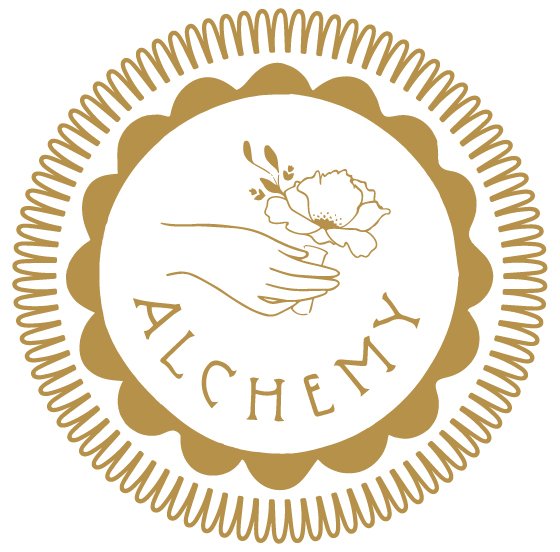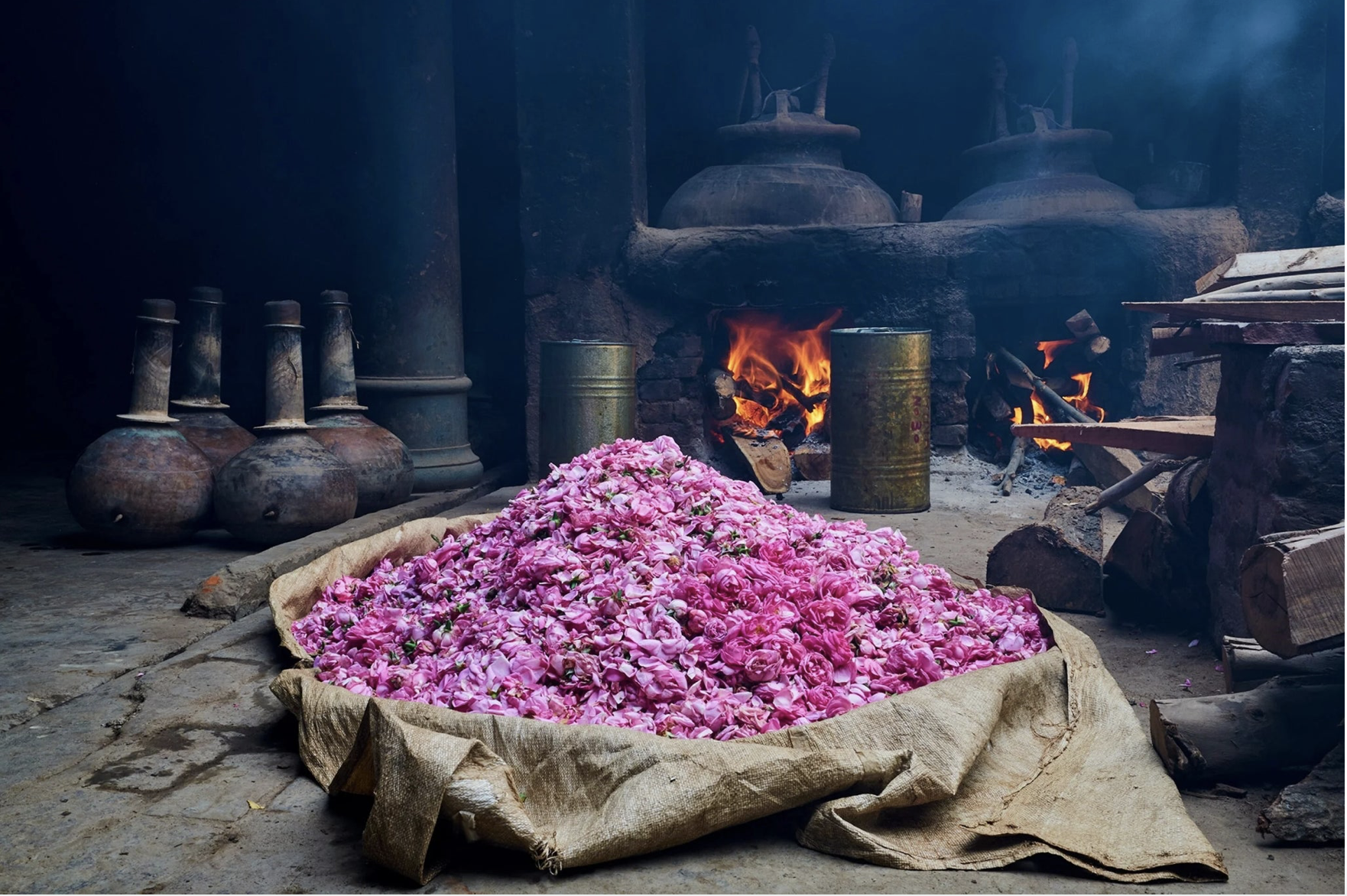Miasma and Modern Natural Perfumery
For most of human history the products we have used to scent our bodies and our spaces were all natural -even the ones of animal origin like castoreum, civet and ambergris.
Unguents, tinctures, balms, and elixirs often share DNA with medicine, herbalism, spirituality and magical thinking. Incremental improvements in technology like adding a condensing unit to the ancient alembic stills allowed for the extraction of essential oils.
Archaeologists have unearthed a bronze age (3300 BCE – 1200 BCE) distillery full of clay alembics on the Isle of Cyprus. Some Indian distilleries have been creating some of the most distinctive and beautiful oil based perfumes (attars) using techniques developed in the Indus Valley (3300 BCE-1300 BCE).
The first alcohol-based perfume did not come on the scene until sometime in the 14th century in Europe. Before that, even after, fragrant vinegars were popular. When the Queen of Hungary Water hit the court scene, folks were so enchanted that they believed the spirit actually turned back time.
Remember that Europeans believed in the Fountain of Youth and the Philosopher’s Stone and in the theory that disease and death could be caused by bad smells or the Evil Eye.
Miasma Theory was the prevailing medical idea from Hippocrates until the 1800s. In some ways this philosophy is in some ways responsible for the birth of western perfumery: scent and ritual as preventative and cure.
The world had been decimated by two plague eras with disinfectants or antibiotics nowhere in sight. Aromatic vinegars, elixirs, rose water, and cordials (even lemonade) became the medicine dujour. We still rely on the knowledge of herbalists, healers and the commercial successes of products like Chartreuse - which started as a medicinal made by monks.
Even in the 1800s the mythos of miasma is strong, and sanitation still poor even though germ theory is on the horizon along with industrialization, indoor plumbing and isolated aroma chemicals. We enter a new era where perfume is marketed for pleasure and luxury, not a plague preservative.
Our ideas about bad smells being dirty while good smells are healthy and clean still holds - Just think about any commercial for a fabric spray or plug in. And think about which aromas you associate with cleanliness, wellness, prosperity and spirituality; why those scents?
At Alchemy we love the connection fragrances have with miasma and magical thinking - which is why we formulated our own Spirit Waters for fresh air, sweet dreams and good juju.



